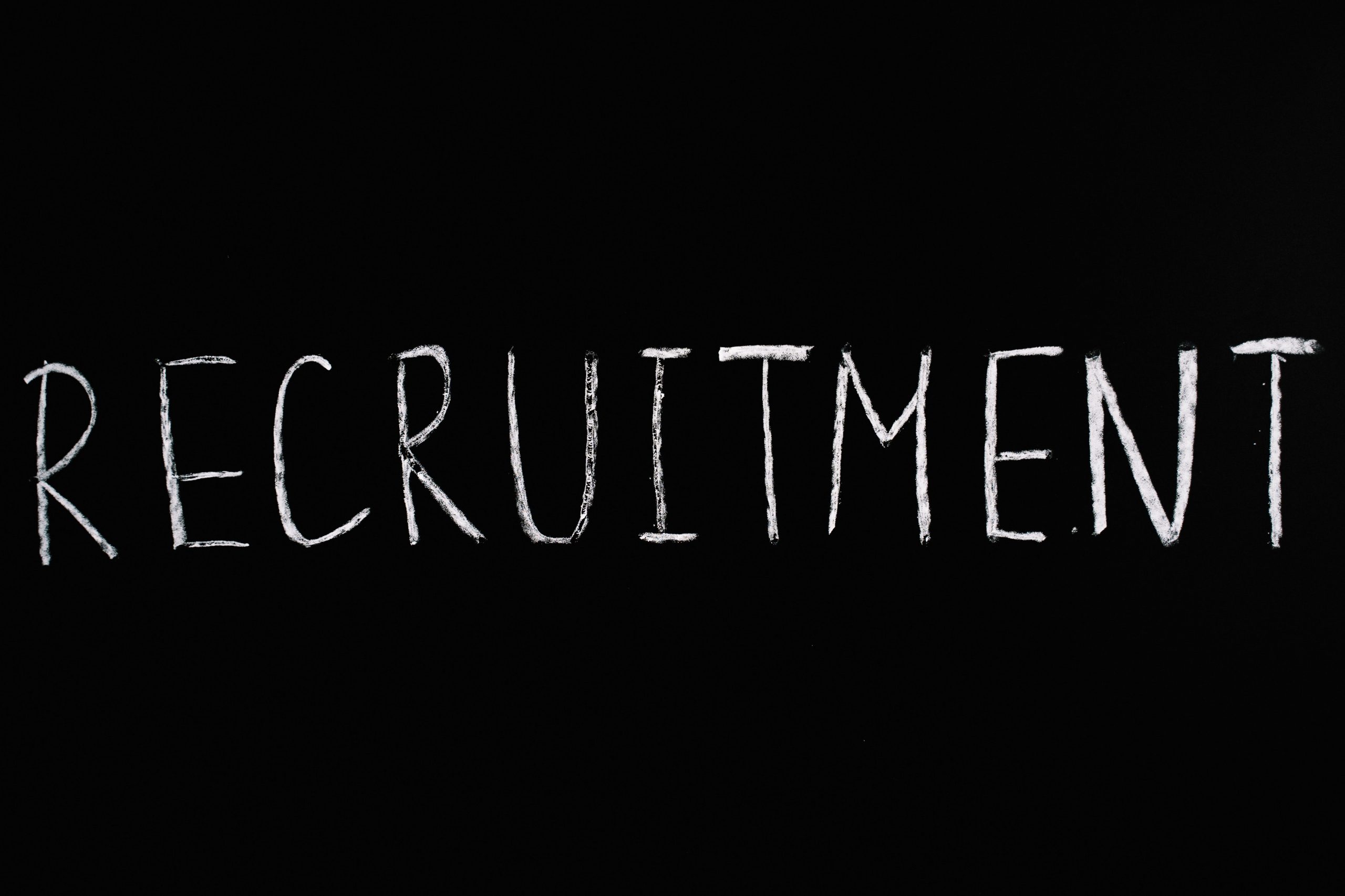Honesty is always the best policy. But the temptation to include a tiny ‘white lie’ on a CV or slightly exaggerate in an interview still exists.
Just how many of those who state their extracurricular interests include volunteering their weekends, running marathons, or writing historical essays are being 100% truthful?
Almost half of UK employees admit to lying on their CV, with half of those saying they’ve falsified a qualification.
Whilst embellishing skills and experience can seem a good idea to gain the edge over other candidates in a competitive job market, issues can – and do – arise when a new hire isn’t all they professed to be.
Alan Price, CEO at BrightHR, says “It’s always frustrating to think you’ve hired the perfect candidate, only to find that their skills and experience are lacking. However, don’t jump to conclusions; this could simply be a case of newbie nerves. With any new employees, a proper induction is vital. This is a chance for them to get to know the team and the business, to learn ways of working and for current employees to get to know them and their skills. It’s normal to have a period of settling in, but a thorough induction and regular check-ins will help with integration and inclusion.
“However, if they’ve been in the role for a few weeks and red flags are showing about their suitability for the role, then you may need to do something about it.
“If you’re worried that you’ve been duped by a false CV, you may want to do some research to check that their credentials match those you were given during the interview process. If you find discrepancies after a contract has been signed but before the person starts work, you can withdraw the offer, although you’ll probably need to honour a notice period in order to terminate the contract. Most probation periods allow for one week’s notice from either party.
“If, however, the person has already started when you discover a potential discrepancy, you will need to carry out a full and fair investigation before taking any action. Lying on your CV will likely constitute a breach of trust and confidence, but you’ll need to go back over the interview process to determine if they did actually lie.
“It’s always advisable to thoroughly document every step of the recruitment process. That way if you do need to go back and withdraw an offer of employment, you can properly evidence the reasons; think interview questions, responses, CV, application form, and the offer letter.
“It’s not just employers who can be left out of pocket when recruitment goes wrong. A recent court ruling ordered a former chief executive of a hospice to repay almost £100,000 after it was found he falsified his qualifications to land the role. This set a precedent. Not only is it embarrassing to be caught in a lie, there can also be a significant financial penalty.”







